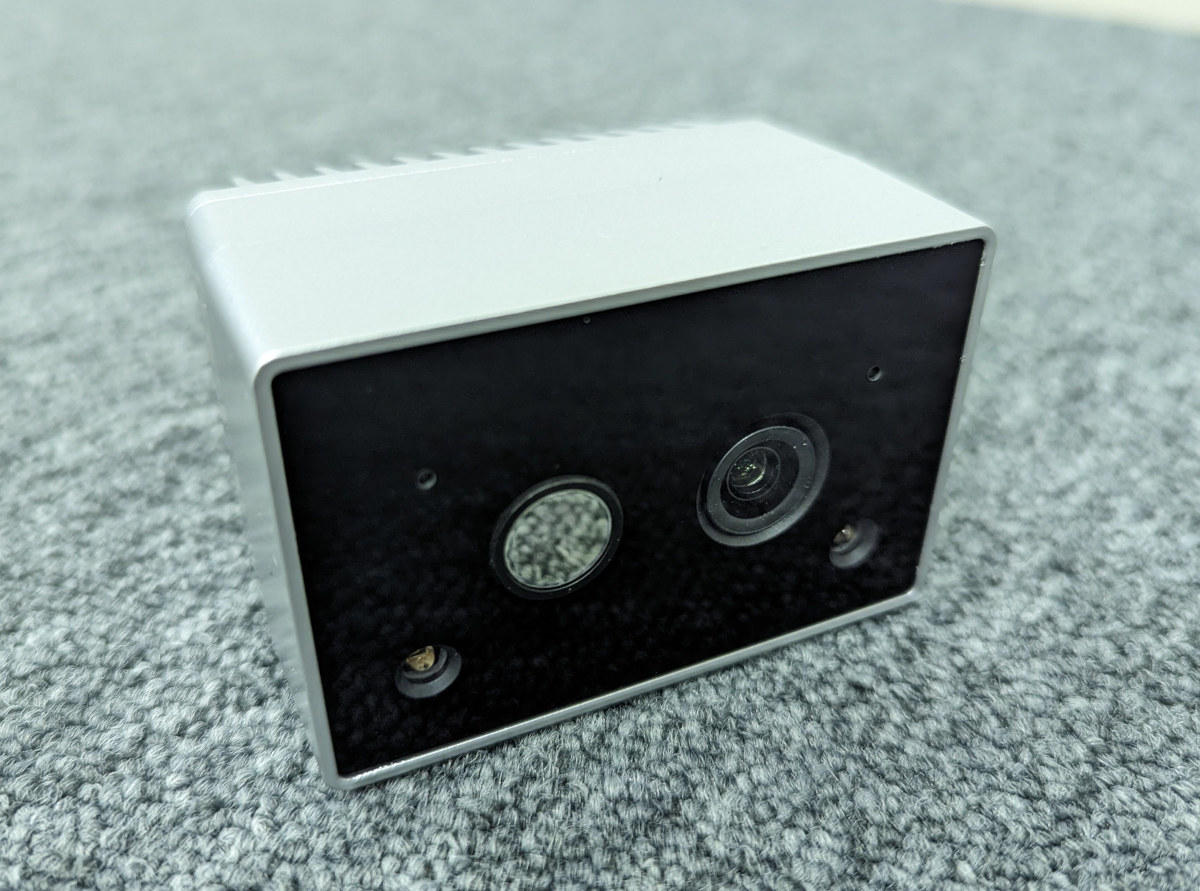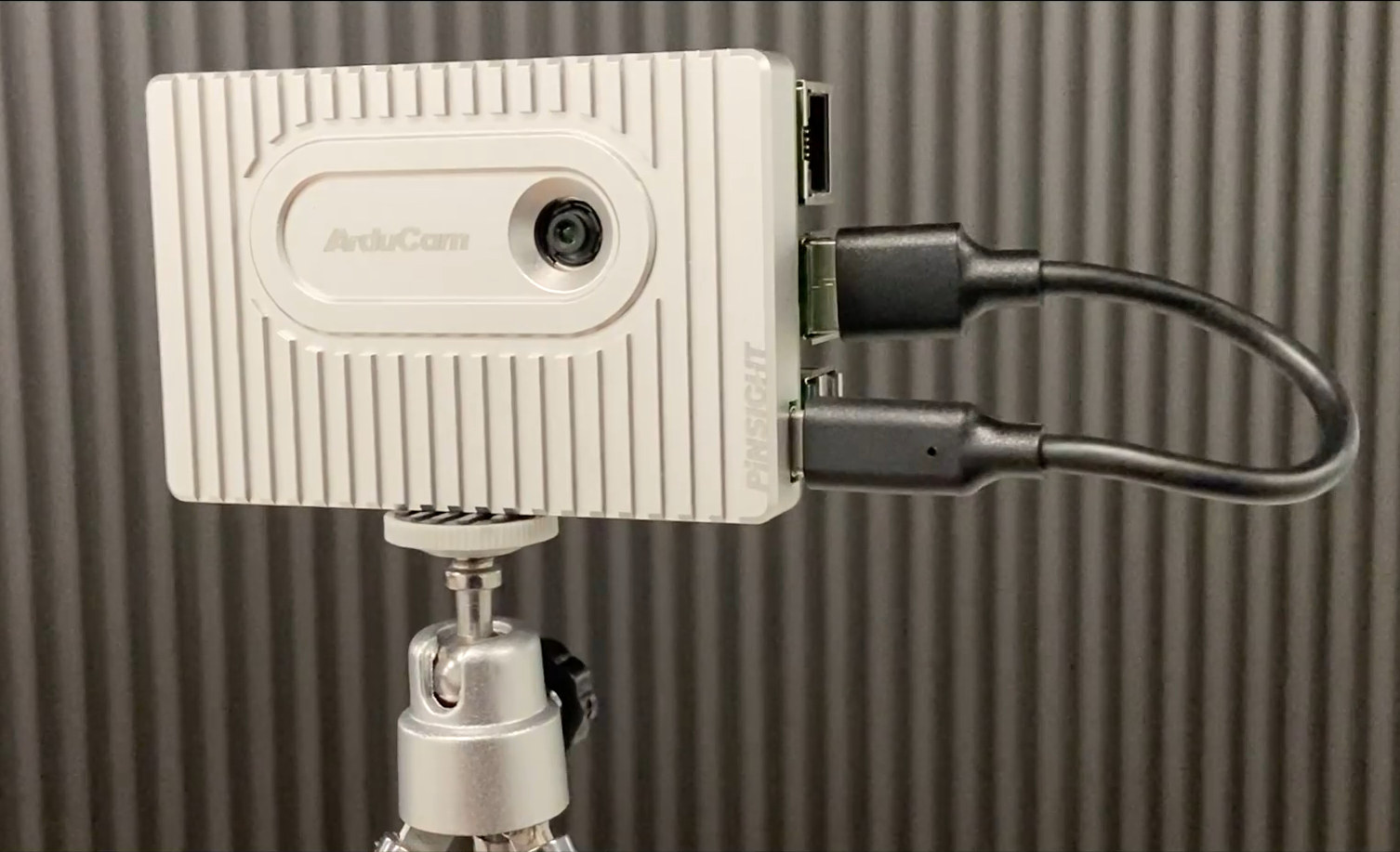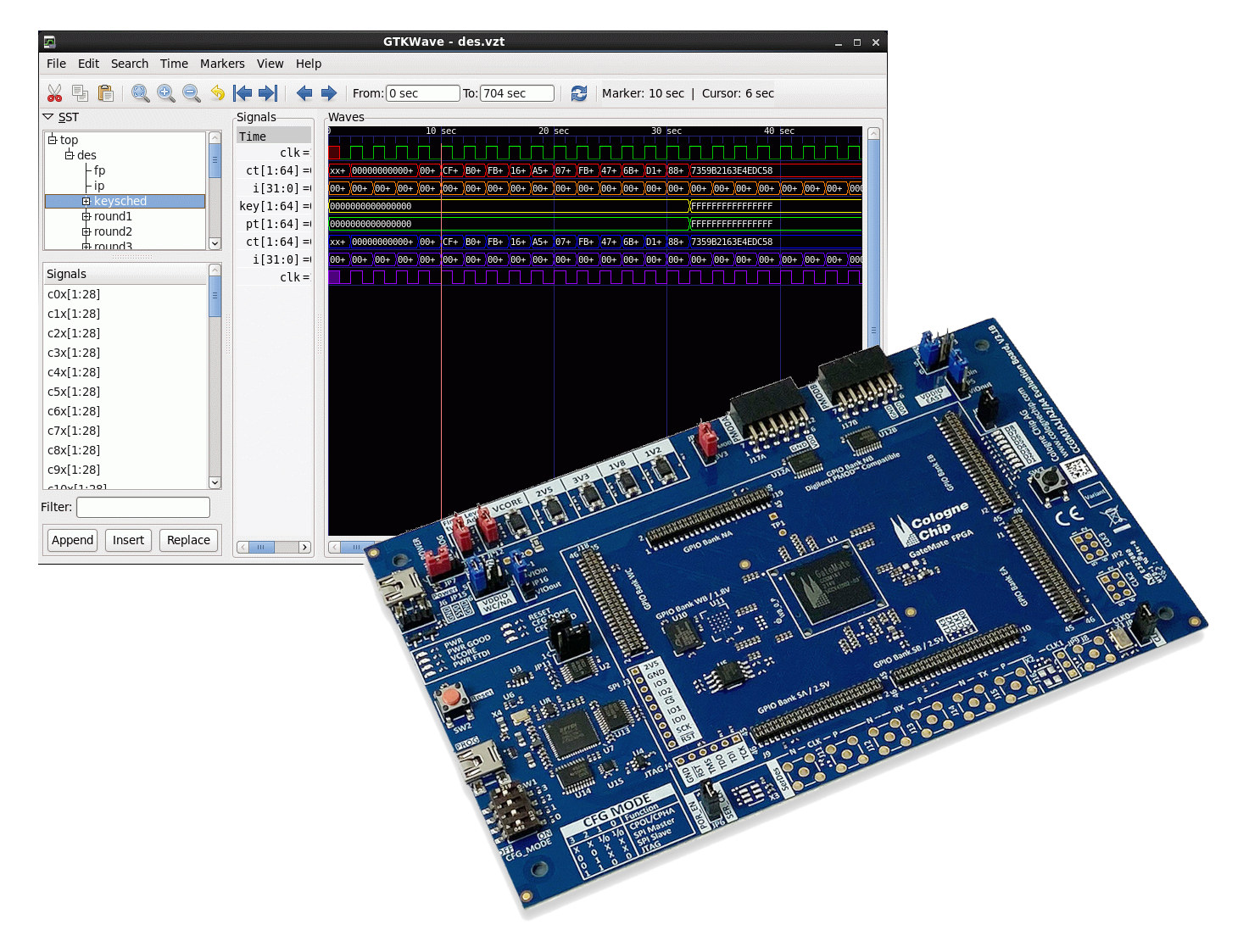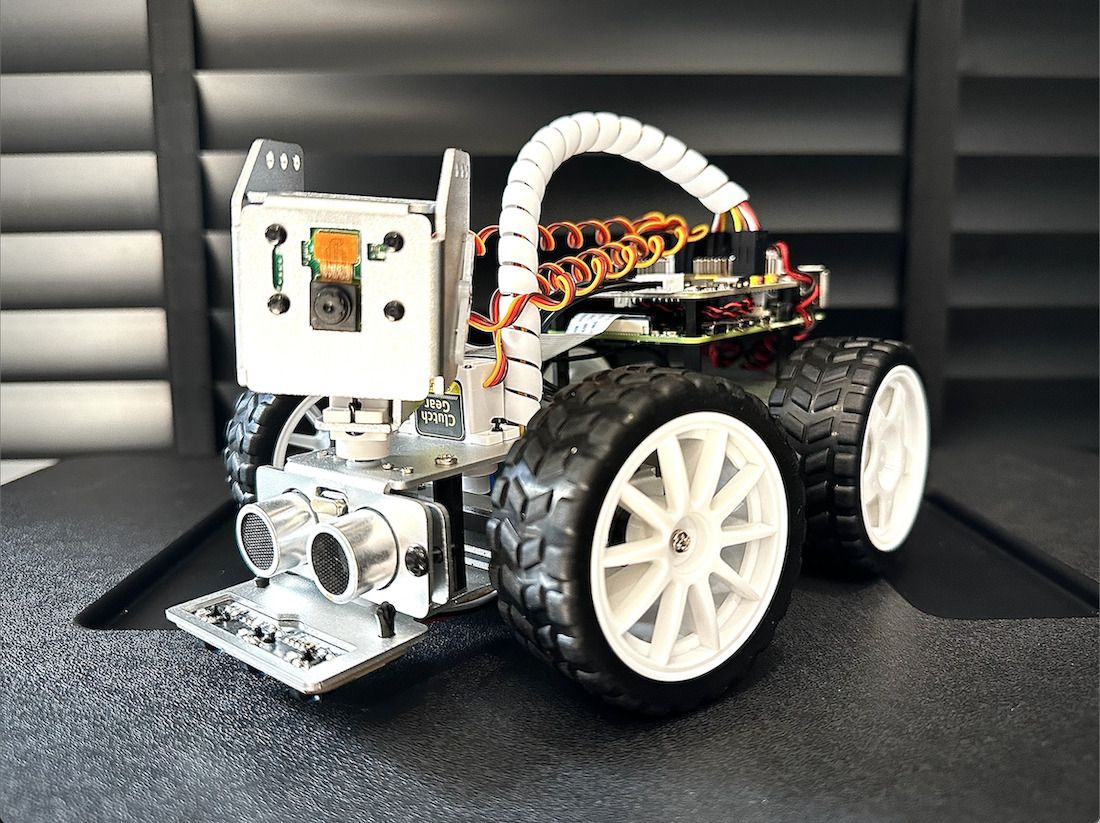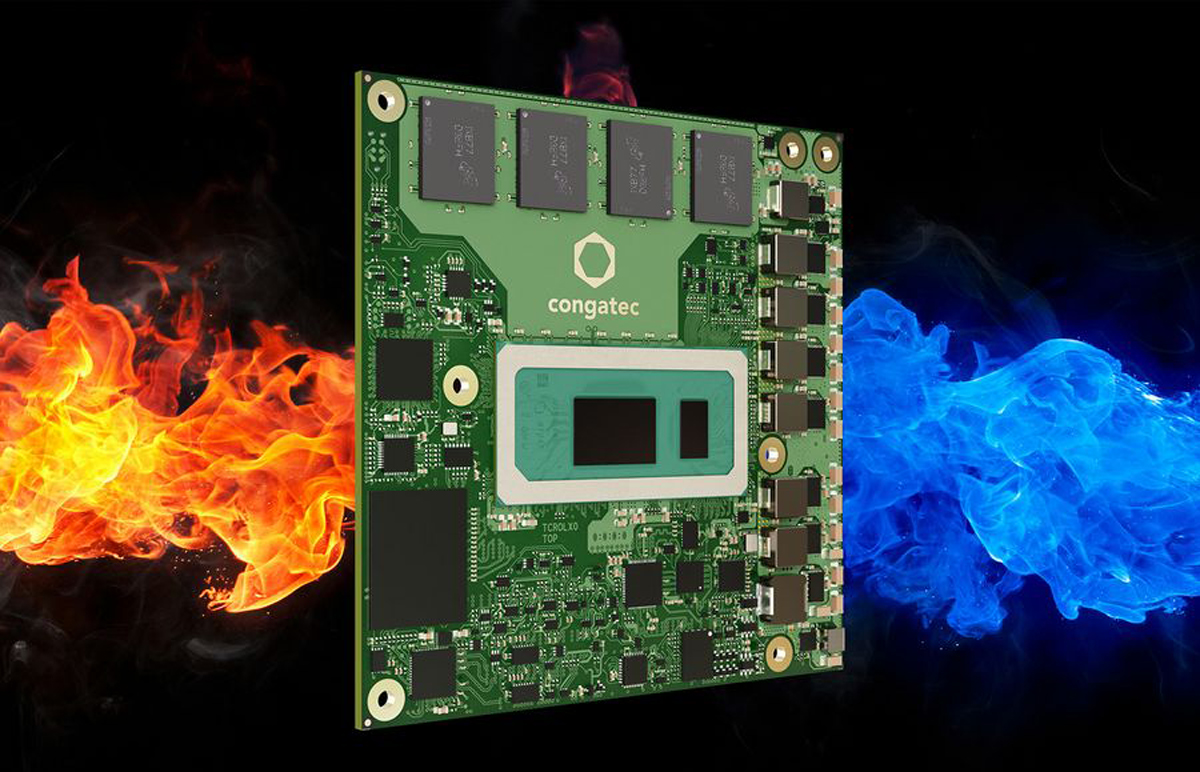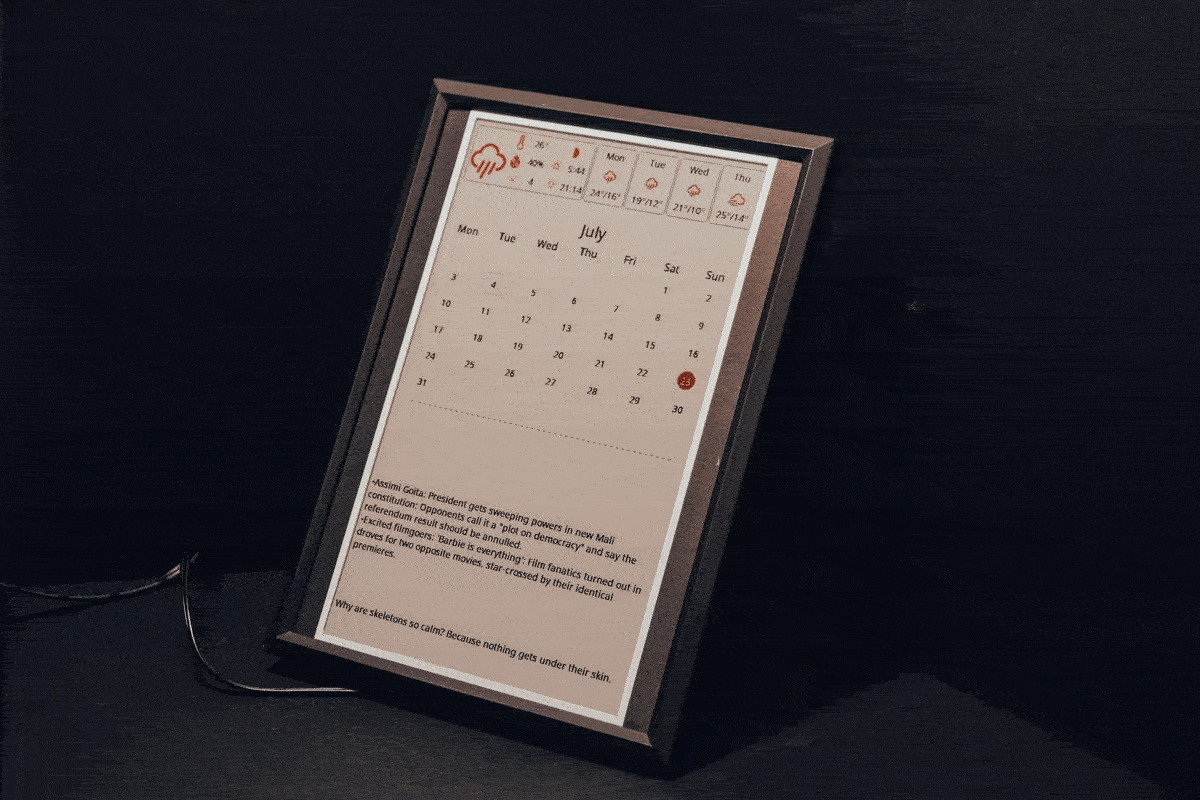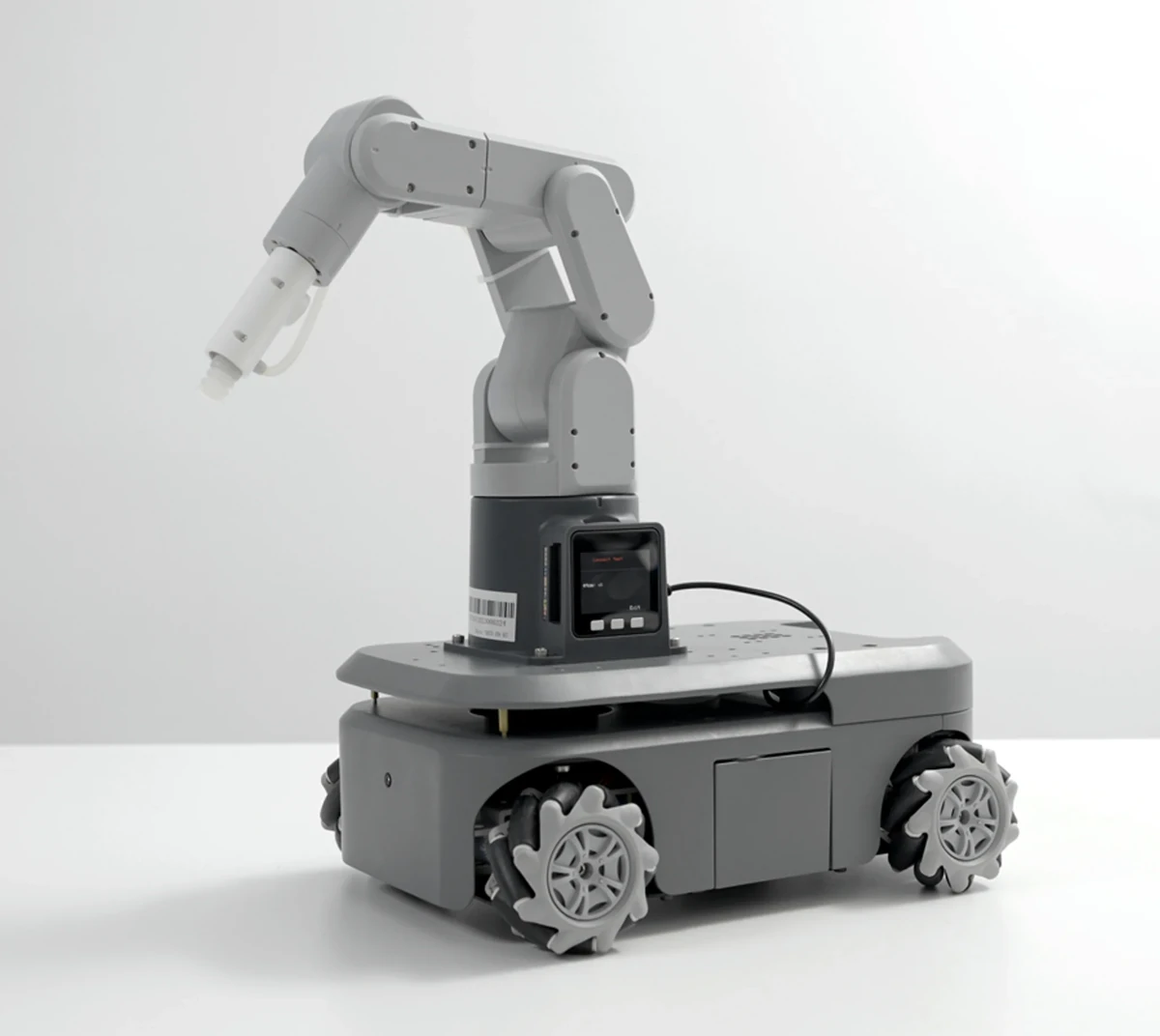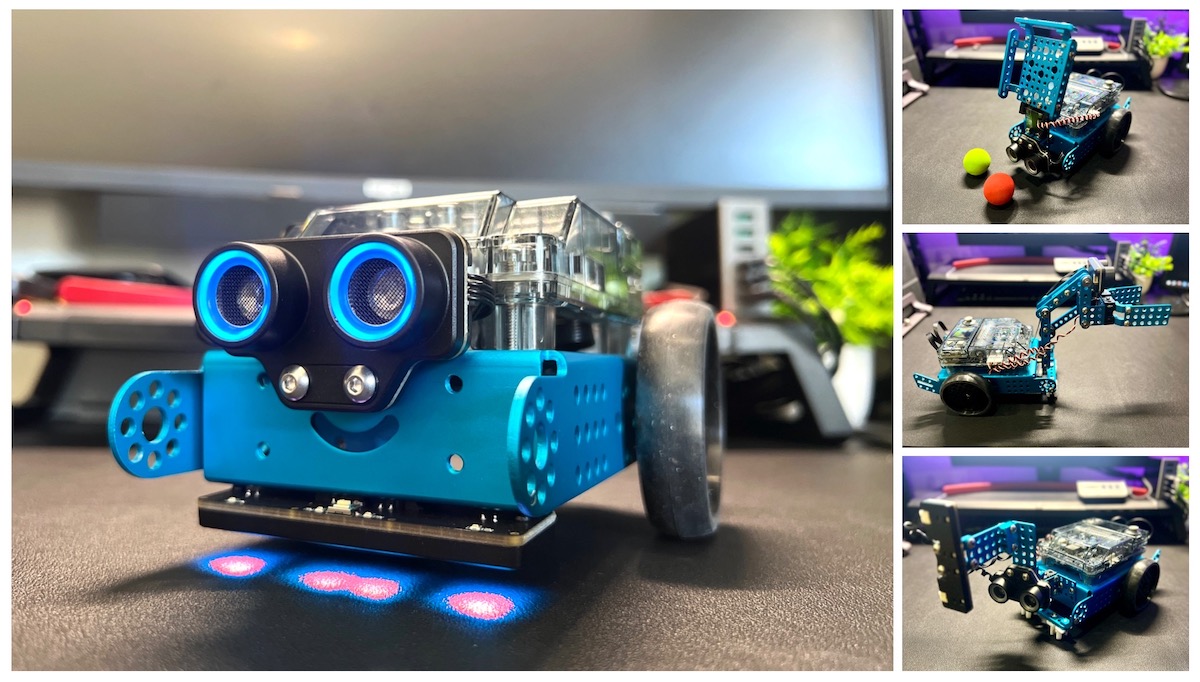Luxonis has announced its first thermal camera with the OAK Thermal (OAK-T) based on the company’s OAK-SoM Pro AI module featuring an Intel Movidius Myriad X, and two waterproof ports with an M12 PoE/Ethernet connector and an M8 auxiliary connector. Luxonis has been making AI cameras based on Myriad X AI accelerator and its Depth AI solution at least since 2019, and its module is also found in third-party cameras as we’ve recently found out with the Arducam PiNSIGHT AI camera. But they had never made a thermal model, and following customers’ requests to fuse thermal and RGB data, they’ve now developed the OAK Thermal, or OAK-T for shorts, that is suitable for detecting leaks and fires or more accurately detect humans & animals than traditional vision-only based cameras. OAK Thermal camera specifications: System-on-Module – Luxonis OAK-SoM Pro with AI accelerator – Intel Movidius Myriad X AI vision processing unit […]
Arducam PiNSIGHT – A 4 TOPS AI camera board for the Raspberry Pi 5
Arducam PiNSIGHT is an AI camera board designed for the Raspberry Pi 5 equipped with a 12.3MP auto-focus module and an Intel Movidius Myriad X-powered SoM delivering up to 4 TOPS and supporting Intel OpenVINO deep learning models. The PiNSIGHT “AI Mate” is mounted underneath the Raspberry Pi 5 to which it is connected through a 15-cm USB-A to USB-C cable. The case is made of metal and acts as a heatsink, and Arducam told CNX Software it dissipates heat enough to cool down the Raspberry Pi 5, and they don’t think the active cooler is needed anymore. In other words, it also acts as a fanless enclosure albeit it’s not in contact with the CPU, so whether it’s enough probably depends on your use case… Arducam PiNSIGHT “AI Mate” specifications: AI accelerator – Luxonis OAK-SoM based on Intel Movidius Myriad X vision processing unit delivering up to 4 TOPS […]
Cologne Chip releases an open-source integrated logic analyser (ILA) for GateMate FPGA chips
Cologne Chip’s “Integrated logic analyzer” (ILA) project is an open-source Verilog implementation of a logic analyzer running on the company’s GameMate A1 FPGA and designed to capture internal signals. When we first covered the GameMate A1 FPGA we noted Cologne relies on the open-source Yosys framework coupled with a proprietary, but free-of-charge, place & route tool contrary to most other FPGA vendors that only offer closed-source proprietary development tools. The German company has now released the GateMate integrated logic analyzer project to help customers debug their FPGA designs. The project includes the digital circuit of the ILA designed in the hardware description language Verilog and a Python program (ILA Control Program) used to configure the configuration of the ILA from the design under test (DUT) and provide an interface with the user during the debugging process. The user will also need a GateMate FPGA toolchain and GTKWave open-source program to […]
SunFounder PiCar-X 2.0 review – A Raspberry Pi 4 AI robot car programmable with Blockly or Python
SunFounder PiCar-X 2.0 is an AI-powered self-driving robot car using the Raspberry Pi 3/4 as the main processing board. It is equipped with a camera module that can be moved by a 2-axis servo motor, allowing the camera to pan or tilt, an ultrasonic module for detecting distant objects, and a line detection module. The PiCar-X robot can also perform computer vision tasks such as color detection, face detection, traffic signs detection, automatic obstacle avoidance, and automatic line tracking. The PiCar-X can be programmed with two computer languages: Blockly-based Ezblock Studio drag-and-drop program and Python, and the robot works with OpenCV computer vision library and TensorFlow for AI workloads. Finally, you can also control the robot through the SunFounder controller application on your mobile phone. The company sent us a sample of the Picar-X 2.0 for review, so let’s get started. SunFounder PiCar-X 2.0 robot overview The PiCar-X robot kit […]
Congatec conga-TC675r – A COM Express Type 6 module with soldered RAM, 13th Gen Intel Core CPU
We’ve noticed a surge in the popularity of COM Express modules and Congatec has recently announced six new conga-TC675r COM Express Type 6 Computer-on-Modules based on 13th Gen Intel Core (Raptor Lake) processors that happen to come with soldered RAM instead of the usual SO-DIMM memory slots found in this form factor. The modules come with up to 14(6P+8E) cores and 20-thread, ultra-fast LPDDR5x memory, all within a total TDP of 45W. According to Congatec, this device is designed to work under extreme temperatures (-40°C to +85°C), and is built to withstand the highest standards for shock and vibrations notably thanks to the user of soldered onboard RAM, making this device suitable for off-road vehicles for mining, construction, agriculture, forestry, and other demanding mobility applications. Previously we have seen manufacturers like ADLINK announce COM Express modules based on the 13th Gen architecture, and both ADLINK and Congatec have also just […]
Inkycal v3 is a Raspberry Pi-Powered ePaper Dashboard for Your Desk
Inkycal v3 is an eco-friendly, customizable E-paper dashboard built with Python 3 and powered by a Raspberry Pi Zero W SBC for organizing and displaying information. Previously, we have covered many E-paper display modules like Inkplate 4, EnkPi, Inkplate 2, and other E-paper display modules. But what makes Inkycal v3 different is its open-source software, a 7.5″ E-paper display with a black frame, and its modular approach to home screen settings. Features of Inkycal v3 E-paper Display: Integrated System – Raspberry Pi Zero W with E-Paper display and custom driver board. Design – Slim 13x18cm frame, black with a black-and-white bezel, and concealed components. Software – Inkycal OS, Python 3-based, supports new SPI displays including 12.48″ models. Modularity – Offers calendar, image, slideshow, RSS feeds, stock tickers, weather, and Todoist modules. User-Friendly – Configurable via a web app, no coding needed. Community Support – Active Discord channel for assistance and […]
myAGV 2023 four-wheel mobile robot ships with Raspberry Pi 4 or Jetson Nano
Elephant Robotics myAGV 2023 is a 4-wheel mobile robot available with either Raspberry Pi 4 Model B SBC or NVIDIA Jetson Nano B01 developer kit, and it supports five different types of robotic arms to cater to various use cases. Compared to the previous generation myAGV robot, the 2023 model is fitted with high-performance planetary brushless DC motors, supports vacuum placement control, can take a backup battery, handles large payloads up to 5 kg, and integrates customizable LED lighting at the rear. myAGV 2023 specifications: Control board Pi model – Raspberry Pi 4B with 2GB RAM Jetson Nano model – NVIDIA Jetson Nano B01 with 4GB RAM Wheels – 4x Mecanuum wheels Motor – Planetary brushless DC motor Maximum linear speed – 0.9m/s Maximum Payload – 5 kg Video Output Pi model – 2x micro HDMI ports Jetson Nano model – HDMI and DisplayPort video outputs Camera Pi model – […]
Makeblock mBot Neo robot review with Smart World Add-on Pack
MakeBlock mBot Neo, also known as mBot2, is an educational robot that builds upon the previous generation mBot1 robot, and the company has sent us a review sample, following our earlier review of the Ultimate 2.0 10-in-1 educational robot kit, along with the Smart World Add-on Pack. The mBot Neo features a new ESP32-based CyberPi control board with WiFi connectivity for IoT and AI support. The robot is also equipped with a 2nd generation Ultrasonic sensor with improved object detection accuracy and status indicator, a built-in 4-ch RGB line sensor that can detect colors, as well as a new drive motor that comes with an encoder for more precise motion control. The mBot Neo robot kit is expandable with metal parts from other Makeblock models, mBuild modules and various electronic modules can be added making it also possible to build custom robots with third-party structural parts. The mBot Neo robot […]


